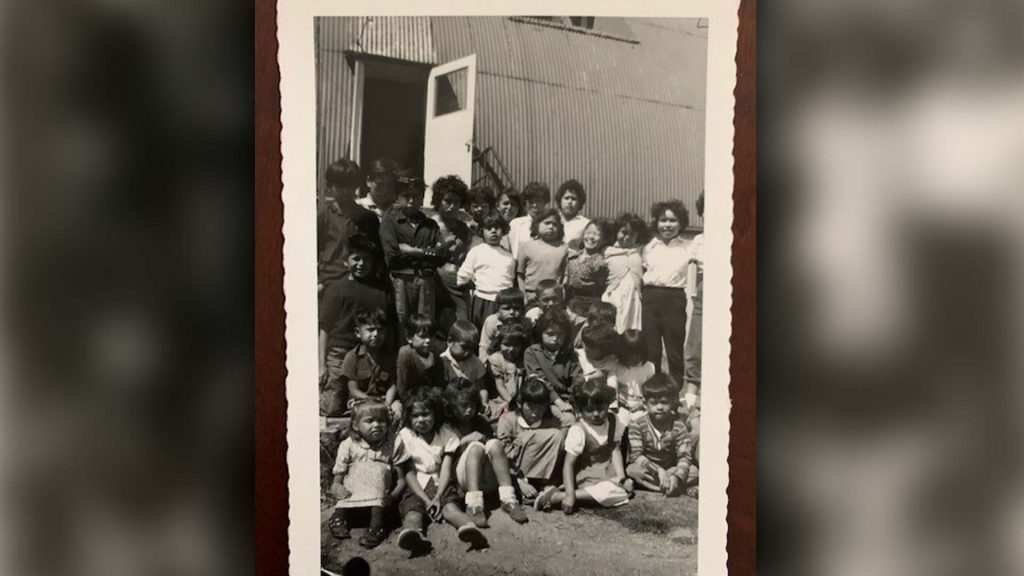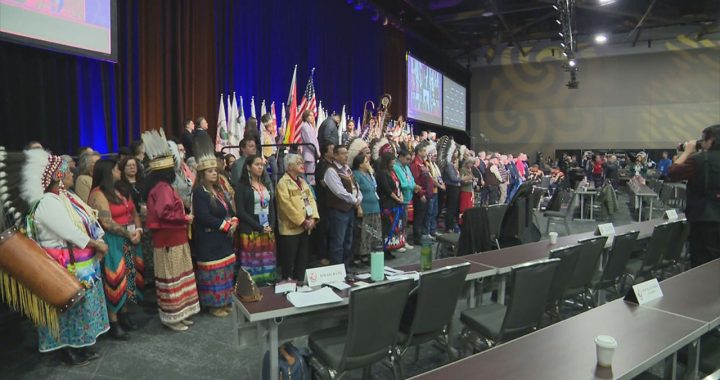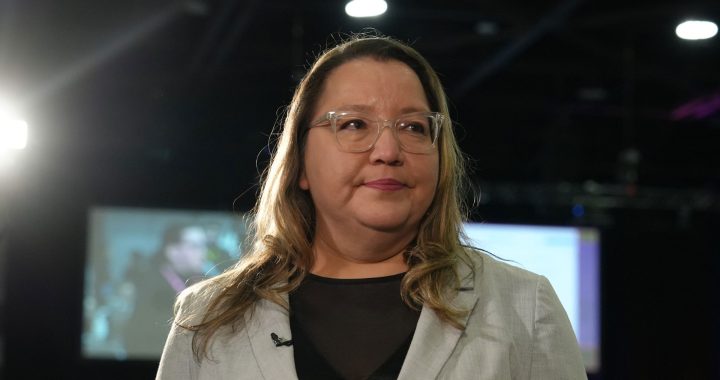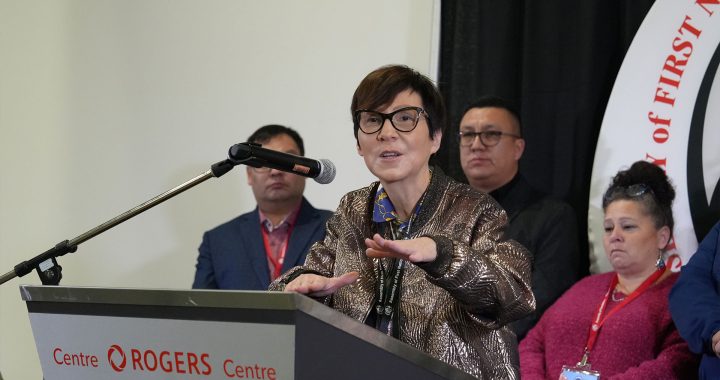
Students and staff outside the former Ucluelet Indian Day School on Vancouver Island. Photo: APTN File
There’s confusion about two class-action settlements with similar sounding names, but a lawyer familiar with both says they compensate Indigenous survivors for different things.
“The day scholars settlement compensation payment is based solely on attendance at [a federal Indian residential school during the] day,” said lawyer Cory Wanless of Toronto.
“While the [federal Indian Day School class-action] settlement was based on [attendance at a day school and] having suffered some form of abuse at a day school.”
Complaints of physical, psychological and sexual abuse were the grounds for several class-action lawsuits against the federal government from generations of First Nations, Inuit and Métis children forced to attend church-run, government-funded day and residential schools between the 1870s and 1997.
Wanless said day scholars were children who attended residential schools during the day but were able to go home at night. The Federal Court approved their settlement in 2021 to pay individual compensation of $10,000 and a $50 million Day Scholars Revitalization Fund to support healing, language and cultural reclamation.
It is estimated between 12,000 and 19,000 survivors are eligible.
Day schools
The federal government opened day schools before residential schools to assimilate Indigenous children. Even though attendance was mandatory, the government wasn’t happy when students missed school and decided to move to a boarding school system with a religious component.
Survivors say they experienced widespread abuse and lost their familial, language and cultural connections. Their 2019 class-action settlement received 150,000 claims for compensation.
Wanless said he is speaking out to remind survivors they have until Oct. 4 to apply for the $10,000 day scholars payment.
“Individuals don’t need to go into any experiences they had while in [day] schools,” he said of the application process. “The only information we need is confirmation they attended a residential school as a day scholar, the name of the school and the dates. And that’s about it.
“They don’t need to supply any school records or any affidavits.”
Wanless said survivors can apply online or print off a form to fill out and then fax or mail it in.
Deloitte
“We’ve tried to keep the claims process quite simple,” he added, noting the claims administrator is Deloitte.
Wanless said survivors can apply for the day scholar payment even if they were compensated by the day school settlement.
“That’s an important point. It’s possible that some individuals attended a [residential] school first as a day scholar and then later as a student in a day school,” he said.
“There’s been a lot of confusion out there between the two settlements.”
Wanless said the terminology around who is a day scholar can trip people up.
As can the fact that certain residential schools were later converted to day schools.
Same institutions
“The same institutions in many cases operated first as a residential school and then at a certain point – in the 1960s or 1970s – they were converted to day schools,” he said in a telephone interview. “So there’s a tool on the website that allows people to answer some basic questions and determine whether or not they’re eligible.”
As well, children of survivors who died after May 30, 2005 can apply for their late parents.
“The estates can apply on their [parents’] behalf,” Wanless said. “That can also be done online. It’s a little bit more complicated because you need to provide some information regarding proof of death, and date of death…and to show your status as the person who can apply on behalf of the estate.”
Editor’s note: The story was changed on 6/7/23 to correct the date children can apply for late parents to May 30, 2005 from May 1, 2005.










